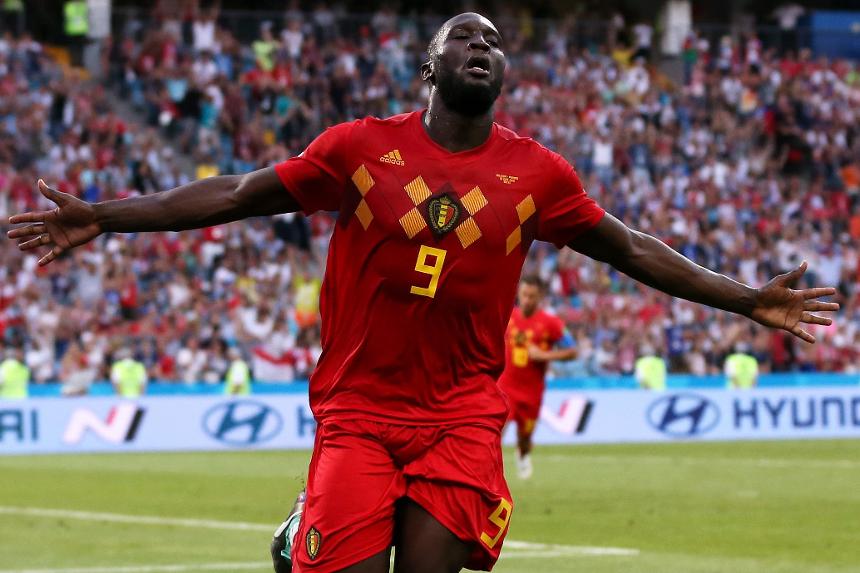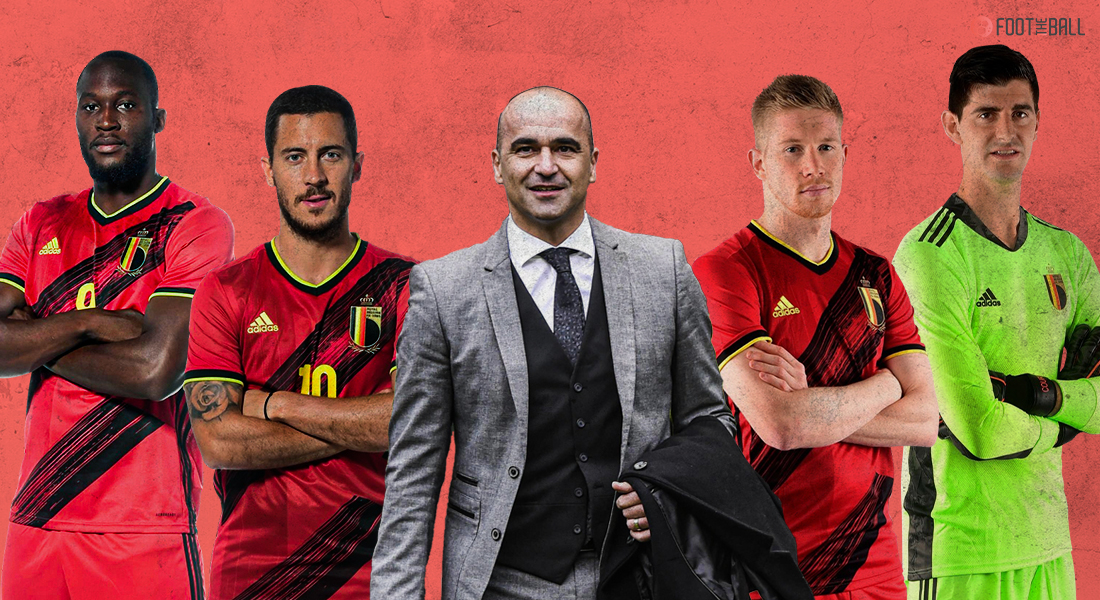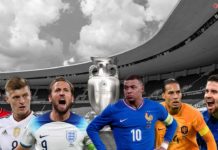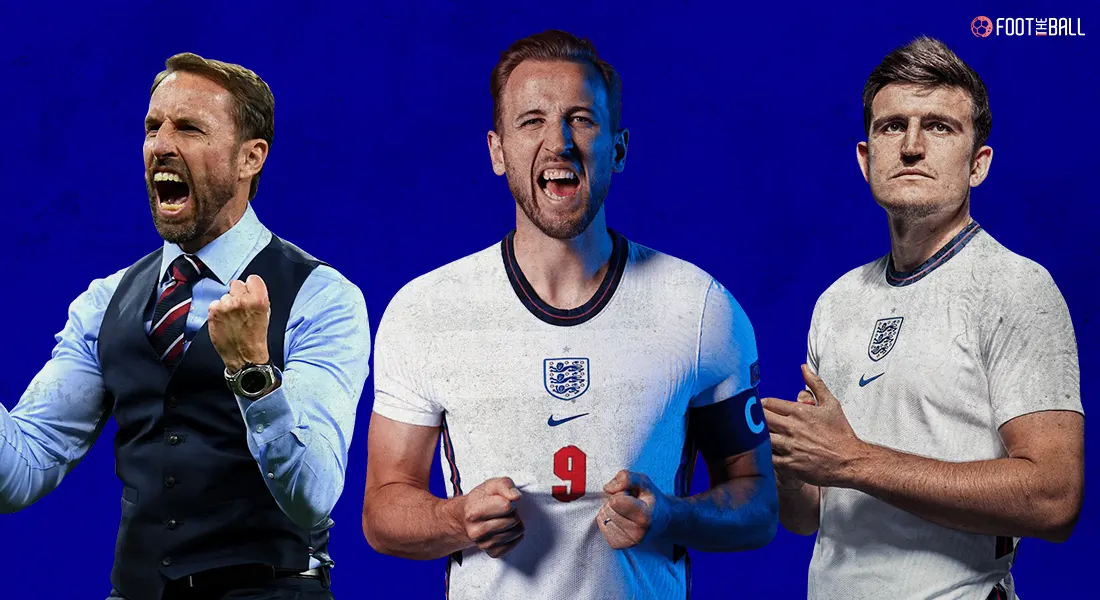Belgium is a county bordered by Germany, Netherlands and France, all three of whom are footballing powerhouses. Hence, it comes as no surprise that a deep footballing tradition is embedded in the country.
The country is divided into three autonomous regions and is home to two prominent linguistic communities, namely the Dutch-speaking Flemish community and the French-speaking community.

Belgium is a country that is divided by politics, ethnicity and even language. This divided nation finds its unity almost every two years when its Red Devils spring into action on the international football stages. For 90 minutes, the whole of Belgium sets apart its differences to celebrate and support the players that take the field under the badge. 90 minutes of patriotism.
HOW IT CAME TO BE
The roots of football in Belgium sprung around the mid-1860s but its official recognition came to be only almost half a century later. Belgium has a long-standing rivalry with the Netherlands and the match between the two countries were known as the Low Countries Derby. This traditional rivalry was played out on a bi-annual basis since the 1900s and has grown into one of the biggest international footballing rivalries in the world.
The Red Devils got its name from their performances in these derbies. A Dutch reporter commented that the Belgian players “worked as devils.” Hence, the team was dubbed the Red Devils.
TiTi3! 😍 #DEVILTIME #EURO2020 pic.twitter.com/uxuFWOWSPd
— Belgian Red Devils (@BelRedDevils) June 9, 2021
The Red Devils enjoyed early success on the international stage, triumphing in the Olympics in 1920, although amidst controversies. However, since then, they failed to make an impact and remained dormant for years to come. To add to the dilemma, although Belgium has produced a strong roster of players, they failed to shine in the international competitions. A strong team that was exemplary in friendly matches but upsetting in the crucial competitions. Hence, they earned the name, “The World Champion of Friendlies”.
THE FIRST GOLDEN GENERATION
Guy Thys was appointed as the manager of the Belgium national football team in 1976. The manager who was successful with his hometown club Antwerp was expected to be equally good with the Red Devils. Thys proved he was equal to the job as they got past the group stages of the 1980 European Championships. A group that consisted of European heavyweights Italy, England, and Spain.
Come on, team! Let’s aim for the 3 points to strengthen our position. 🇧🇪👊🏻 #COMEONBELGIUM pic.twitter.com/ekjTlzEFZ0
— Thibaut Courtois (@thibautcourtois) March 30, 2021
The team coached by Thys soon became known as the first Golden Generation of Belgium that was led by Jean-Marie Pfaff, Eric Gerets, and Jan Ceulemans. Although they lost out on the trophy to West Germany in the Euro 1980, the squad showed promise of a bright future.
They qualified for the World Cup two years later and once again showed glimpses of excellence as they toppled World Champions Argentina to top the Group Stages. Thereon, they were expected to at least make an appearance in the final but came up short. Pundits and fans alike judged that this was due to a lack of experience and was sure the team was too talented to miss out on trophies.
First trophy in 2021 for @DeBruyneKev! 🏆🇧🇪 pic.twitter.com/p19ZEuDHoZ
— Belgian Red Devils (@BelRedDevils) April 25, 2021
The 1984 European Championship did not end well for the Belgians as they finished sixth. They hoped to make up for this in the World Cup of 86 but a shabby start did not help their cause. They scrambled through to the knockouts and found their footing again as they beat the Soviet Union and Spain in the following rounds. Both matches were dragged onto extra time and the match against Spain was won by Penalties. However, a Maradona led Argentina spared them no mercy as they were knocked out in the semis.
Guy Thys
In 1989. Guy Thys announced his retirement as the head coach of the Belgium National Team. However, just eight months after his retirement he was reinstated as the head coach to guide the team in the World Cup in 1990.
🔙 #OnThisDay in 2003, Guy Thys passed away, aged 80
📸 This photo of Thys, on the balcony of La Grand-Place in Brussels, after leading @BelRedDevils to the semi-finals at the 1986 #WorldCup, is a lovely way to remember a coaching great 🇧🇪 pic.twitter.com/LEEV6m0wlU
— FIFA World Cup (@FIFAWorldCup) August 1, 2020
Thys’s team was one of the best teams to have never won it. World-class players such as Michel Preud’homme, Franky Van der Elst, and Enzo Scifo were making an impact on the global stage in every match they featured. For sure, the 1990 World Cup should have been the breeding ground for their unfound success. Thys, determined to fulfil his duties took one last effort with the golden generation https://twitter.com/FIFAWorldCup/status/1289480487535144962of Red Devils.
The man to coach our best @BelRedDevils team ever: Guy Thys! Thank you to all our fans who have voted. 🤩🇧🇪
Discover more details about the team 👉🏼https://t.co/hsdqg01cz3 pic.twitter.com/eoVopbIkvu
— Royal Belgian FA (@RoyalBelgianFA) January 8, 2021
Once again, the Belgians made it past the group stages and seemed determined to go all the way. They faced European powerhouse England in the knockouts and was completely dominant in the entirety of the 90 mins. But, a lone goal by England’s David Platt in extra time proved to be the deciding goal, breaking the heart of every Belgian fan once again.
Guy retired again in 1991, and the hopes of the Belgian fans receded over the years as their old guard slowly depleted one by one. The years that followed remained dormant.
THE NEED FOR ANOTHER GOLDEN GENERATION
Michel Sabon was disgusted by the performances of the Belgian side in the World Cup in 1998.
“The match [against Turkey] was a complete flop,” Sablon told Bleacher Report. “The way Belgium had been eliminated was simply not acceptable. The team hit rock bottom. There was a quality vacuum, and something needed to be done.”
The Technical Director deemed that the 4-4-2 was outdated and emphasised the need for the 4-3-3. Furthermore, he was keen on improving the individual player as he realised the importance of individual quality in national football.
3️⃣4️⃣. Enjoy your day, Super @JanVertonghen ! 🦸♂️ pic.twitter.com/GCXdoy9Z0P
— Belgian Red Devils (@BelRedDevils) April 24, 2021
Sabon and his team focused on this approach despite the impeding defeats in the competitions that featured since. They were keen on developing the future generation and was confident that their ideals would bring them success.
They were not wrong. Kevin de Bruyne, Eden Hazard and Romelu Lukaku are all products of this ideology that was sprung in the early years of the 2000s. Today, these players represent the cream of the Golden Generation that was fostered by the Red Devils. A team that has occupied first place in the World FIFA Rankings.
BELGIUM’S SPANISH BOSS
Roberto Martinez was just the second-ever foreign manager to take charge of the club and has done an exceptional job with the squad. His neutral position means he shows no favouritism when picking his squad and does not compromise on the footballing perspective. His selection of players has been almost exceptional and his boldness in experimenting with the team deserves praise.
Our new head coach: Roberto Martínez ! #welcomeRoberto #tousensemble pic.twitter.com/3JiQYAeYI1
— Belgian Red Devils (@BelRedDevils) August 3, 2016
After several trials and errors, Martinez decided to stick with the 3-4-3 formation and variations of it. Essentially, this Belgium squad is attack-minded with capable world-class personnel in almost every position. The former defensive midfielder is known for setting up attacking teams that play attractive football. The key to success being the Golden Generation of players at his disposal.
THE CURRENT CROP OF PLAYERS
Unlike previous managers, Martinez does not limit his players to set responsibilities or roles over 90 mins. He allows each player to play the style of football they are most accustomed to and formulates his strategies around them. To cite, in the 2018 World Cup, the formidable Eden Hazard was permitted to assume a free role in the field.
Congratulazioni Romelu! 😍 pic.twitter.com/0HVB6WJhu7
— Belgian Red Devils (@BelRedDevils) May 2, 2021
Although he was pinched as a winger on paper, Martinez understood the winger’s ability to carry the ball from deep positions and to create chances from almost seemingly impossible situations. Eden Hazard thrived in the role given and was a constant threat to opposition defences.
Kevin De Bruyne is another player that Martinez has trusted. KDB, like Hazard, is given the choice of playing his style of football in attacking plays. The midfielder is an absolute powerhouse and is exceptional on the ball. With an almost eagle-eye vision on the field, KDB has the ability to pick any player in any corner or space on the green grass.
He is also well-equipped to drive forward with the ball and known to score goals from outside the box. An incredible asset who is, without a doubt, one of the best midfielders in world football right now. A flag-bearer for Belgium’s golden generation.
WILL THEY LIVE UP TO THE BILLING?
Belgium has been on a stunning run so far and daunted their dominance with an eight-goal victory over Belarus in the recent World Cup Qualifying match.
They have a fairly easy group in Euro 2020 with Denmark, Russia and debutants Finland as their fellow competitors. Anything less than a semi-final will be an upset for the Belgians. Will they live up to the name they have been given? Can the Golden Generation truly prove they are Golden?




